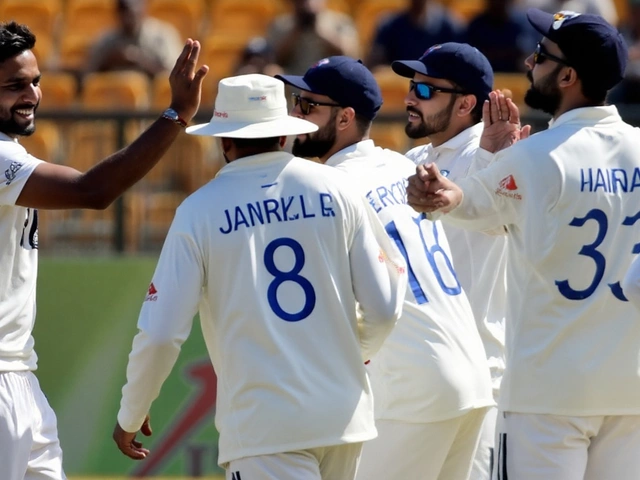Personal Effectiveness: Simple Habits That Actually Work
Most people think being productive means working longer. That’s false. Personal effectiveness is about getting the right things done with less waste — less busywork, fewer distractions, and clearer choices. Here are straightforward, practical habits you can start today.
Quick habits to boost focus
Start your day with one clear priority. Pick the single task that matters most and protect the first hour for it. Close tabs, silence notifications, and use a simple timer: 50 minutes work, 10 minutes break. That rhythm keeps focus without burning you out.
Use the two-minute rule for small tasks: if it takes two minutes or less, do it now. That stops tiny chores from piling up and stealing mental space. For email, batch it twice a day—morning and late afternoon—so messages don’t hijack your focus.
Single-tasking beats multitasking. When you juggle, you lose time switching gears. Commit to finishing one meaningful chunk before moving on. If urgent interruptions happen, note them quickly and return to your main task.
Weekly routines that actually work
Do a weekly review every Sunday or Monday. List your goals, rank them, and plan three real actions for the week. Breaking big goals into tiny, scheduled steps makes progress almost automatic. Use a simple habit tracker—check boxes work fine—to keep momentum.
Control your environment. Put the things you need within reach and hide what tempts you. A clean desk, a charged phone in airplane mode, or a closed door can cut distractions by more than half. Don’t overcomplicate tools—paper lists, a calendar, and a single to-do app are enough.
Manage energy, not just time. Notice when you feel sharp—morning, afternoon, or late night—and schedule deep work then. Save routine chores for low-energy windows. Sleep, short walks, and small meals make focus easier than any productivity hack.
Learn to say no. Every yes is a trade-off. If a request doesn’t move you toward your priorities, offer an alternative: a later date, a shorter meeting, or a filtered task. Clear boundaries protect your most valuable hours.
Track progress with simple metrics. Count focused hours, completed key tasks, or weekly wins. Numbers remove guesswork and show real momentum. If a habit isn’t helping after two weeks, tweak it or drop it.
Personal effectiveness is a set of habits, not a one-time trick. Pick one habit from above, practice it for a week, then add another. Small, steady changes beat dramatic, short-lived efforts. Try the first-hour priority, weekly review, and single-tasking for a month—you’ll notice the difference in what you finish and how you feel while doing it.

Life coaching courses in India provide an opportunity to people to help them achieve their goals and live an empowered life. The courses are available in various formats such as online, classroom and private coaching. They cover areas such as goal setting, time management, personal effectiveness, communication, managing stress and relationships, career planning and decision-making. The courses also provide guidance on how to build a successful life coaching business.
Continue Reading





